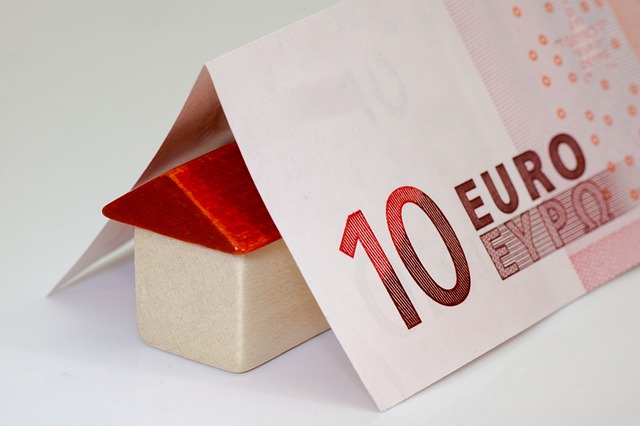There are many circumstances that can cause you capital gains.
When this situation occurs, you should be clear about how to pay taxes on them and if there are differences, depending on the type of capital gain you have experienced.
What are capital gains?
In general, positive variations in the value of the
taxpayer’s
assets, which are evident on the occasion of any alteration in the composition of the taxpayer, are considered as capital gains; unless by the Personal Income Tax Law, it can be qualified as income.
The most typical assumption that causes the emergence of capital gain is that of the transfer of assets because they are sold; such as when an investment fund is repaid.
Although there are other assumptions, such as certain public aid or subsidies.
Along with this concept, you have to consider what are not capital gains in the IRPF.
There are clear exceptions, such as cases of division of community of property companies in the matrimonial regime, cases of division of a company owned by several persons and inheritances or donations received that are considered taxed by another tax other than that of income.
How is capital gain or loss valued?
The most common way to calculate capital gain is to subtract from the purchase price the price for which you have sold the good and deduct the expenses generated by the sale (including taxes).
But there are exceptions.
If the acquisition or sale occurs without economic consideration, the value that was awarded in the
Inheritance or Gift Tax,
with a maximum limit of the market value and a minimum of 0 euros (a good can never be valued for free, no way how low its value may be in the market).
In the case of financial assets, you must resort to particular laws to carry out the valuations.
Capital gain from the sale of an inherited property
This is one of the most common assumptions a taxpayer faces. It is considered within one of the assumptions of
capital gains in the IRPF,
so you will have to include it in your return.
You must take into account when capital gains occur, since the legislation distinguishes profits accrued since January 1, 2015; in which the sale value will be the amount that has been paid, without applying any corrective factor and subtracting the expenses and taxes paid, during the process, on behalf of the seller.
On the other hand, in the accrued earnings prior to January 1, 2015, the acquisition value is applied a coefficient,depending on the year in which the purchase was made, which increases the amount paid at the time.
In both cases, if the property has been leased, it will be reduced by the amount of amortizations made during the period during which it has been rented.
How to offset capital gains and losses

You do not always have capital gains, but sometimes you incur losses,so you should be clear about when you can compensate them.
It is understood as offsetting a loss with a capital gain the possibility of reducing the gain obtained with a sale and doing the same through the loss that has been recorded with another sale of assets, normally, during the same fiscal year.
It is possible to make this compensation, but, depending on the fiscal year in which you are, you have to consult the Tax Law to know the limits set.
As a general rule, up to 25% of losses can be compensated.
These compensations are very common when you are investing in the stock market or derivative products, since the fluctuations of the values are continuous; and, by the very nature of the shares, you may be interested in making a sale at a loss to avoid future decreases in your assets.
What if you do not declare a capital gain in the IRPF?
If you do not comply with the tax obligation to declare capital gains,you can risk a significant penalty.
The main problem is that, if the Treasury requires you to pay the capital gain, first of all, it will take into account, as a profit, the amount of the sale and will consider the value of the purchase as zero.
This means that you will pay more for the capital gain than if you had paid at the time.
However, if you are in this case, you must provide any document that proves what the purchase value was (it is not usually easy, if the purchase was made many years ago).
If this is not possible, you must prove that you have done everything in your power (justify, in some way, all the steps taken) in order to obtain a document proving the purchase of the property. All to try that the tax agency does not take as purchase value the zero euros.
conclusion
Capital gains are based on the change of the taxpayer’s
assets
and the valuation that is made of both the sale and the purchase of the property subject to taxation.
There are, as always when we talk about Tax Law, exceptions to take into account and that can reduce your payment obligations or even make them disappear.
Let
AYCE Laborytax’s tax advisors
review your case to clear up any doubts. Call!








